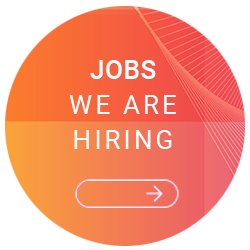Industrial insurers rely on digitization
The digitization of industrial insurers is progressing. Sales and customers are placing ever-increasing demands on insurers. Therefore, the use of digital potentials is a high priority for the vast majority of companies. This is the result of a new study. The future demands that insurers open up to digital innovations and have the courage to break new ground.
Customers and distribution partners are demanding
- For the first time, industrial insurance brokers Marsh and strategy consultant Oliver Wyman are focusing on major companies in the insurance industry in a study on changes resulting from digitalization. 19 major German industrial insurers were surveyed for the study “State of the Play – Digitalization in German Insurance”. The numbers are clear:
- For 95% of those surveyed, digitalization is important in business with medium-sized to large companies.
- 79 % forecast a change in their own business model due to digitalization.
- 90% give digital change a high to top priority.
Customers in particular are increasingly demanding digital solutions for various aspects of the insurance process. New technologies also make demands grow.
New grounds with potential
However, development is still in its infancy. For example, artificial intelligence is hardly used by insurers at present. However, investments are already being made in expanding expertise in these fields. After all, 18% of respondents say they are already leaders in the field of data analysis and forecasting methods based on it.
Two basic strategies are already emerging today: While some focus primarily on mass process automation, others focus on customer interaction and new solutions for complex processes. No company surveyed is aiming for complete digitalisation. Rather, the goal lies in “bionic digitalization”: the human being as an employee is not replaced, but rather his or her competencies are optimized by technology. This results in cost savings which are passed on to the customers.
This article was first published on LinkedIn.







